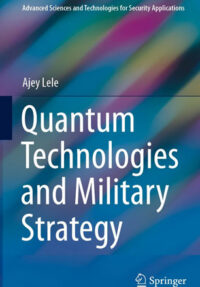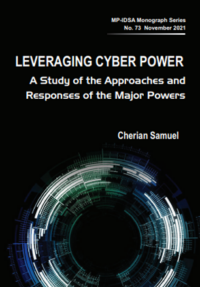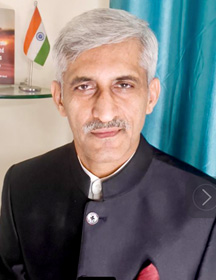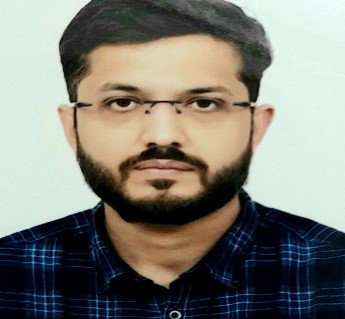The Biological Weapons Convention at Fifty: Codifying 100 years of efforts to combat biological warfare – A Timely Chronicle of a Treaty’s Enduring Relevance, the United Nations Office for Disarmament Affairs (UNODA), February 2025
As the Biological Weapons Convention (BWC) commemorates its 50th anniversary, the UNODA has released a landmark publication in February 2025, titled “The Biological Weapons Convention at Fifty: Codifying 100 Years of Efforts to Combat Biological Warfare.” More than a celebratory document, this expertly curated anthology offers both a retrospective on a century of efforts against biological warfare and a forward-looking reflection on emerging biosecurity threats. Spanning the evolution of international norms from the Geneva Protocol of 1925 to the adoption of the BWC in 1975, and culminating in the Ninth Review Conference (November–December 2022), the 45-page booklet captures the full scope of the global struggle to prohibit biological weapons. It features contributions from leading experts in biological disarmament, non-proliferation, and global biosecurity, providing historical context and policy insights. As Izumi Nakamitsu, United Nations Under- Secretary-General and High Representative for Disarmament Affairs, aptly states in her forward: “This publication aims to inspire renewed determination for a future in which the use of biological weapons is not only unthinkable but also impossible.”- Harshada Kondlekar , Animesh Roul
- January-June 2025












